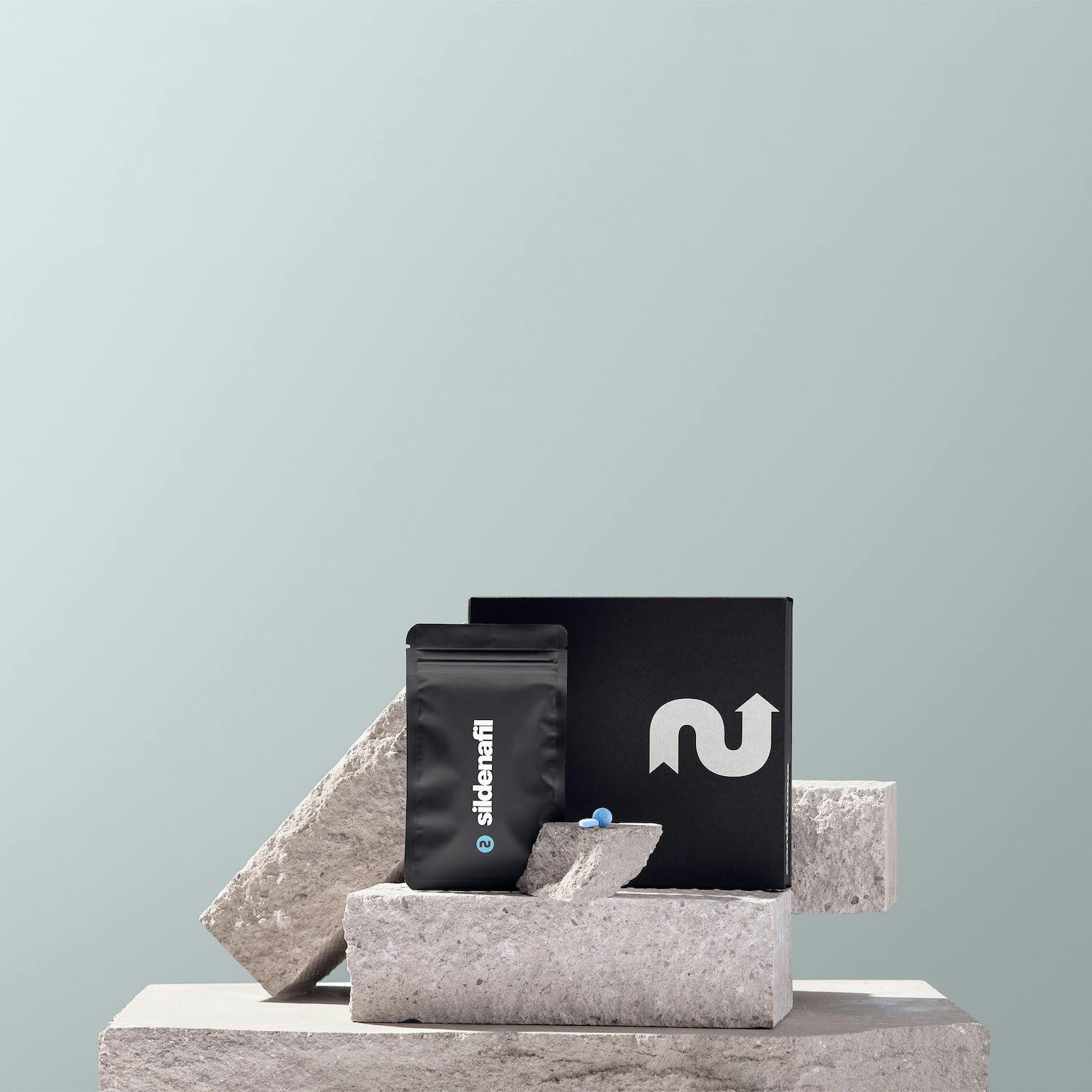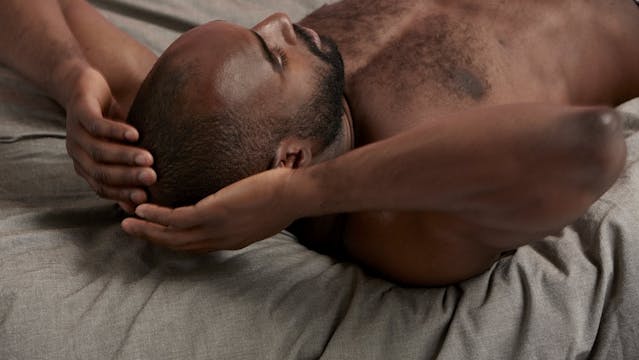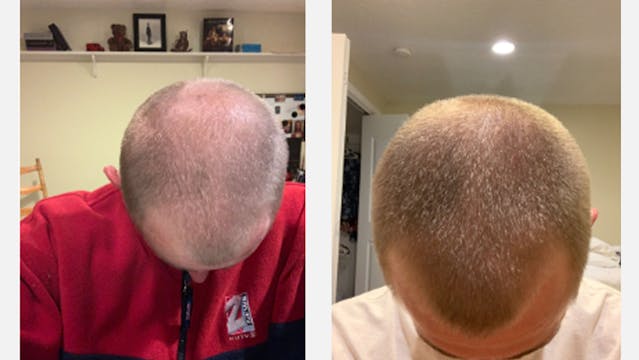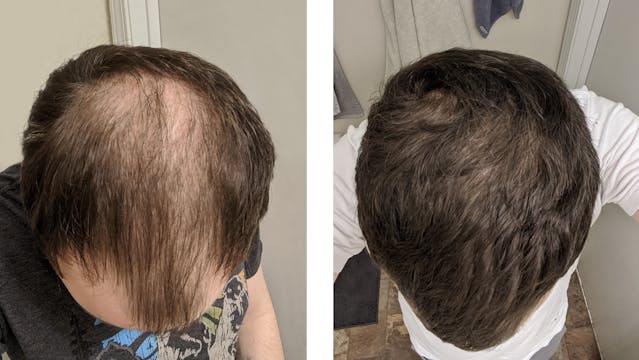Rhodiola rosea is often rumoured to be an effective natural cure for erectile dysfunction.
Used for centuries in Russian and Scandinavian medicine, this fragrant perennial plant has built up a (somewhat questionable) reputation for being able to treat a whole host of diseases - including depression and anaemia.
But does Rhodiola rosea really help treat erectile dysfunction? In this complete guide to Rhodiola rosea for erections, we separate fact from folklore and give you the low-down on this mysterious plant.
What is Rhodiola rosea?
Rhodiola rosea (also known as golden root or rose root) is a species of flowering plant from the Crassulaceae family.
It grows in the arctic regions of Europe and Asia and gets its name from the fragrant rose-like smell it produces when its stem is cut.
It has been reportedly been used in traditional Russian and Scandinavian medicine to enhance physical endurance, reduce fatigue, and improve erectile function - but the scientific evidence to support these claims is lacking.
How does Rhodiola rosea help treat erectile dysfunction?
Little is understood about how Rhodiola rosea helps to treat erectile dysfunction (ED). Although it is often touted as a treatment for erectile dysfunction, there is no real scientific evidence to suggest exactly how it restores erectile function - if it even restores erectile function at all.
Though Rhodiola rosea appears to have no documented biological impact on erectile function, it may have other, indirect benefits.
One potential way in which Rhodiola rosea may help to alleviate ED is by reducing stress-related heart damage.
We have already written about how important a healthy heart is for strong erections. To summarise, a healthy heart is vital for quality erections because it ensures blood is effectively pumped into the penis when you are sexually aroused.
One study revealed Rhodiola rosea may have “cardioprotective” qualities, meaning it could help protect the heart against stress-related damage.
However, the evidence highlighting its cardioprotective ability is limited. In fact, the European Medicines Agency stated clinical trials of Rhodiola rosea “exhibit considerable deficiencies in their quality”. Therefore, more thorough research must be carried out to understand its clinical properties.
How effective is Rhodiola rosea?
In one trial, 26 out of 35 men with ED and/or premature ejaculation reported improvements in their sexual function when treated with Rhodiola rosea for three months.
However, this trial does not necessarily reveal how effective Rhodiola rosea is for treating ED - as it is not known how many of these patients experienced erectile dysfunction alone (the trial looked at patients with both erectile dysfunction and/or premature ejaculation).
Another small trial consisting of 40 participants claimed that 75% of subjects experienced “improved sexual performance” after taking an extract of Rhodiola rosea for one month.
But this trial doesn’t mention whether the men had erectile dysfunction. In fact, it doesn’t even mention whether the participants were all male. Something else worth noting is that this trial was conducted as part of an approval process to patent a Rhodiola rosea product.
Manufacturers have previously been warned for over-stating the benefits of Rhodiola rosea. The FDA has published several warning letters against suppliers of Rhodiola rosea falsely claiming it can cure conditions such as depression, sickness, and cancer.
Clearly, it’s efficacy as a treatment for ED (and other conditions) is dubious. Much of the information about its effectiveness is anecdotal and not backed up by actual scientific evidence. In light of this, and as a general practice, it is advisable to consult your doctor before taking any natural erectile dysfunction remedy including Rhodiola rosea.
How safe is Rhodiola rosea?
- Minor/serious headache
- Allergy
- Insomnia
- Irritability
- Increased blood pressure
- Fatigue
- Chest pain
The numan take
The evidence supporting Rhodiola rosea’s rumoured ability to improve erectile function is incredibly limited. The research surrounding its supposed ability to treat erectile dysfunction is not only sparse, but it is also of poor quality.
Therefore, its erection-boosting quality appears to be grounded more in folk tradition than in science. Before taking any natural treatment for erectile dysfunction, always consult your doctor to ensure it is safe for you to take and does not conflict with any existing medication.







